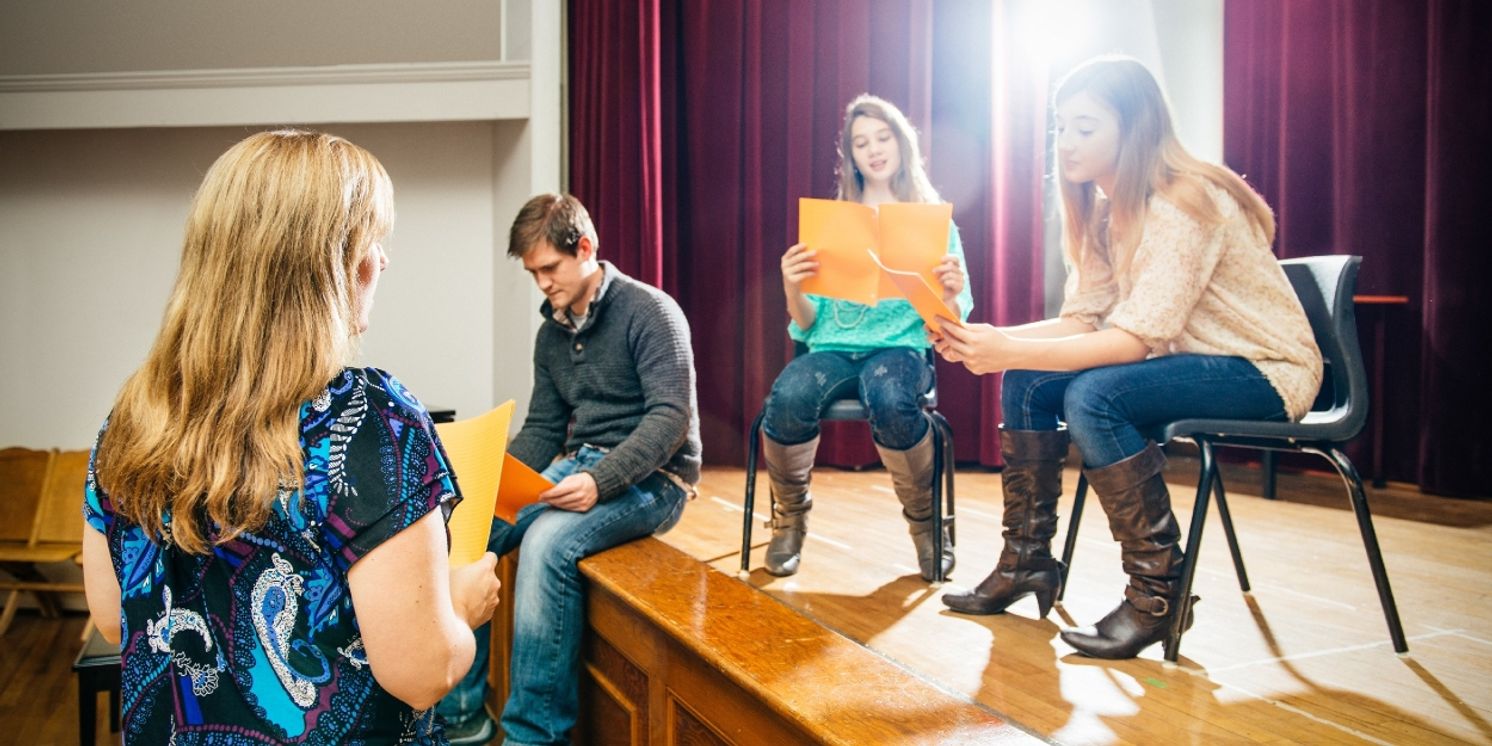EdTA Study Finds Censorship Is a Growing Issue for Theatre Educators
The study polled over 1,800 theatre educators across the US.

Censorship pressures on theatre educators are rising, according to the Educational Theatre Association (EdTA)’s newly released 2024 State of Theatre Education Report. The report summarizes findings from a study of more than 1,800 theatre educators in public and private schools, providing a comprehensive snapshot of the theatre education landscape across the United States.
More than three-quarters of respondents reported pressure to reconsider their play and musical choices during the 2023-24 school year—escalating from just 6 percent in 2023. Alarmingly, 22 percent were ultimately forced to make changes, up from 4 percent last year.
The report underscores how restrictive legislation and community objections are increasingly influencing what educators can stage, particularly around inclusive themes like LGBTQ+ content. Two-thirds of theatre educators reported they are self-censoring because of the current climate, unchanged from last year.
“I have to think about who is going to be offended by my selection as opposed to who is going to be affected or touched by the show,” wrote one respondent.
“This increased censorship adds significant stress for theatre educators, who are dedicated to fostering inclusive and engaging learning environments for their students,” said Dr. Jennifer Katona, executive director at EdTA. “Every time a work is censored, students receive the message that certain issues—or even that they themselves—are not valued or worth representing.”
Additional Key Findings
In fact, theatre educators are experts at providing enriching learning experiences despite various challenges, the study showed.
• Funding Disparities Impact Program Quality: The report found that 39 percent of theatre programs receive no funding from their school districts, compelling many educators to rely on community donations and fundraisers or personally fund their work. Despite the $10,000 average cost to stage a school musical, more than half of respondents receive minimal financial support, with 21 percent of programs funded at $4,000 or less annually. EdTA emphasizes the urgent need for consistent funding to support theatre’s critical role in student development.
• Professional Development Gaps: A majority (59 percent) of theatre educators surveyed reported they receive no theatre-specific professional development from their districts, reflecting a systemic lack of support for training in this specialized field. However, 80 percent of educators pursue external professional development, often out-of-pocket. EdTA advocates for dedicated PD funding to ensure theatre educators have access to resources and opportunities for growth, enhancing the educational experience for their students.
• High Educator Satisfaction Amid Growing Pressures: Despite facing numerous challenges, theatre educators report higher job satisfaction rates than the national average, with 86 percent feeling at least somewhat satisfied in their roles. This is significantly above the 51-63 percent national average for all workers reported by the Pew Research Center and the Conference Board in 2023. Theatre educators attribute their satisfaction to the positive impact of theatre on students, fostering creativity, empathy, and resilience. However, the report also reveals that 59 percent of educators feel burned out, underscoring the need for greater institutional support.
EdTA’s Commitment to Advocacy and Support
In response to these findings, EdTA is doubling down on its commitment to advocate for policies that protect artistic freedom and respect theatre educators’ expertise. EdTA’s initiatives will include supporting educators through a censorship response guide, spotlighting findings through the Theatre in Our Schools campaign, and addressing funding disparities via the Educational Theatre Foundation’s grant programs. The association is also prioritizing the push for theatre credentialing standards across all states to enhance quality and consistency in theatre education.
“Theatre education is a powerful tool for teaching empathy, critical thinking, and collaboration,” added Katona. “Today’s students continue to face social and emotional challenges, isolation and loneliness is on the rise and theatre offers an invaluable way to rebuild connections, foster resilience, and engage students in meaningful ways. EdTA remains committed to standing with our educators and advocating for the resources and freedoms they need to provide these vital learning opportunities.”
Visit schooltheatre.org for more information on the 2024 State of Theatre Education Report and to download the full report.
About the Educational Theatre Association
The Educational Theatre Association is an international nonprofit that serves as the professional association for theatre educators. EdTA is the parent organization of the International Thespian Society, the Honor Society for theatre students that’s inducted more than 2.5 million Thespians since 1929. Additionally, EdTA operates the Educational Theatre Foundation, the organization’s philanthropic arm dedicated to broadening representation and increasing access. Visit schooltheatre.org to learn how EdTA inspires theatre educators to transform lives.
Videos


